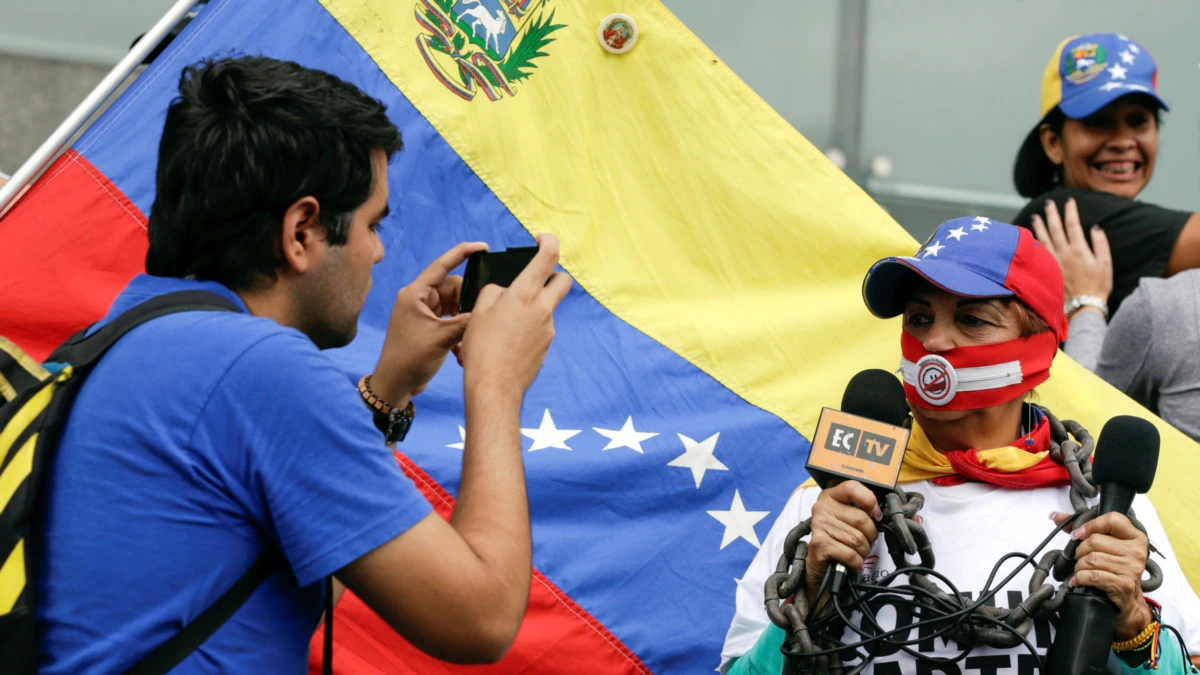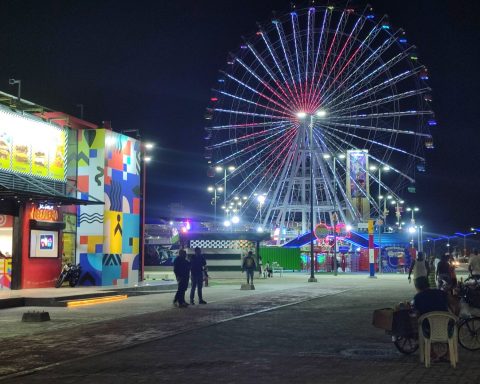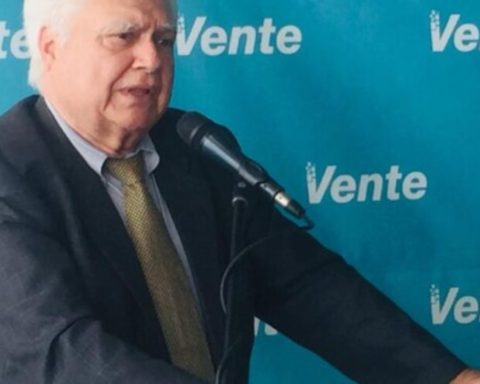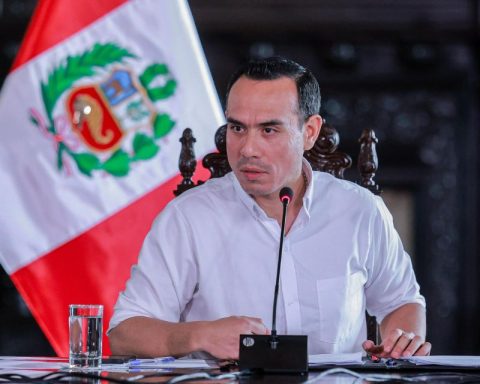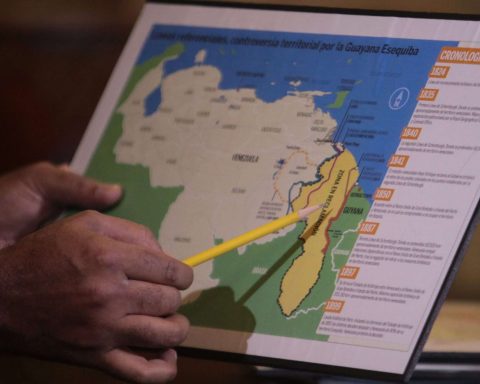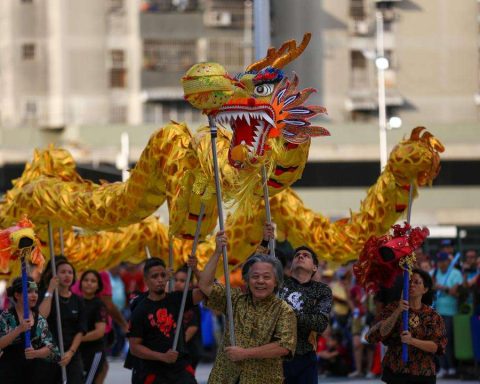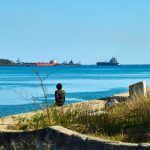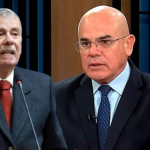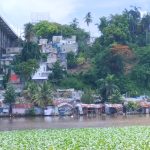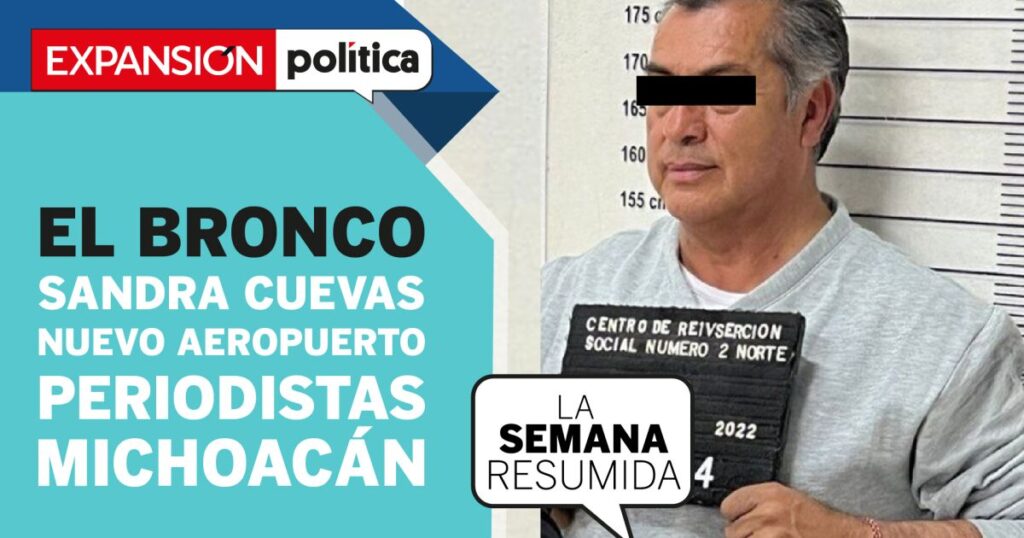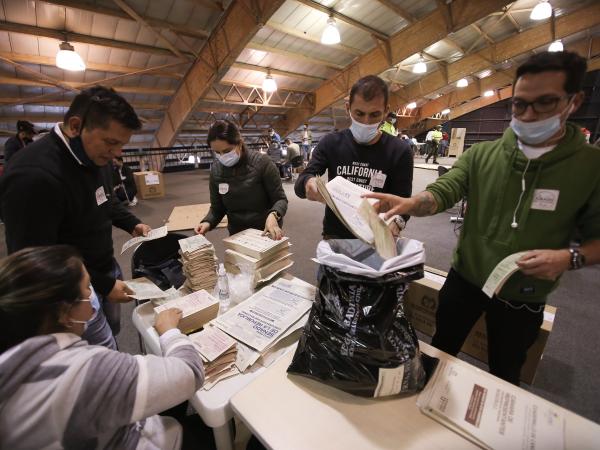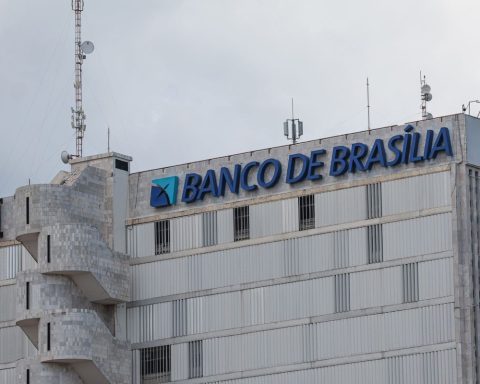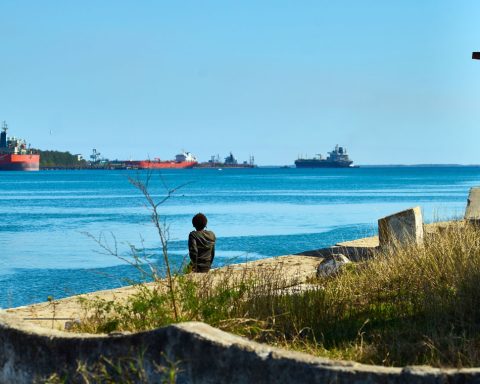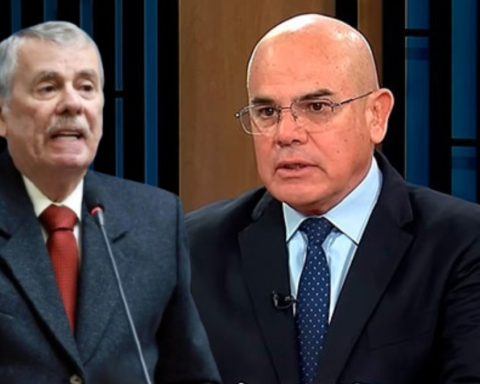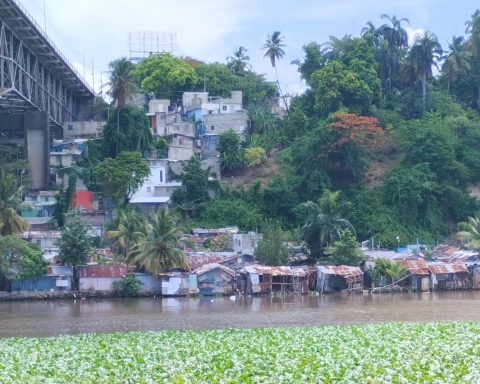The siege against freedom of the press in Venezuela continues to tighten, as a consequence of a State policy that has “reduced” the media ecosystem in the country, supporters of the Fundamental rights who also consider that the international community has been “tolerant” of the advance of authoritarian regimes in the region.
Carlos Correa, director of the NGO Espacio Público, stresses that informing and being informed in Venezuela “has costs.”
“Costs in the sense that being able to inform in Venezuela probably implies the possibility that you could be punished or harassed for what you have done, for the dissemination of information… and being informed implies that you have to have tools, efforts to inform yourself, VPN, see how you find out the information. That, basically, is because of state policy.”
According to Espacio Público, the judiciary has been used to harass journalists and the media and, in the last two years, the so-called Law against Hate has “reduced” the possibility of expressing oneself freely.
“The penalties applied to an expression of hate or alleged expression of hate are harsher than those that would be applied to a murderer. So you have a distortion and it has been applied to whom, to people who distribute information through WhatsApp groups, people who distribute information through social networks”, affirms Correa.
Faced with the extinction of traditional independent media, digital media have become key for citizens to stay informed; but since 2018, the censorship in the digital spacespecifically against pages critical of the government, is more and more frequent and has been evolving, explains Andrés Azpúrua, director of “Ve Sin Filtro”.
“It has been getting worse over time, the most recent was the blocking of four domains of different news portals. This not only happened in CANTV, the State provider, but private providers as well. This usually happens by order of CONATEL… it comes out illegally, it is usually de facto, it is never transparent and never under a court order”, he explains.
Following an embargo order, the newspaper’s headquarters The Nationalis now owned by Chavista deputy Diosdado Cabello.
A ruling by the judiciary ordered Cabello to pay almost 14 million dollars in compensation for non-pecuniary damage, after suing the media outlet for replicating a report by the Spanish newspaper ABC that pointed out that he had alleged links to drug trafficking.
According to Juan Garantón, a lawyer for the media outlet, the process is considered “implausible” and “unfair.”
“How is it possible that a company that gave a piece of news… for having given a piece of news gives itself fully, it ceases to exist, this is over, I take away the facilities, I take away a footage that is more than 16 thousand square meters, more of a hectare and a half, 9,000 square meters of construction for having given information… It really is crazy,” he told VOA.
Despite the fact that a court awarded him the facilities of El Nacional, Cabello recently warned on his Wednesday television program, broadcast through the state channel, that he could take further action.
“Now it provokes me to go through the page because you owe me, with the value of El Nacional you didn’t pay me, I think now I go through the page, I think. The bottom line is you still owe me, rascal! That you like to use the media to discredit people, but you don’t like to assume your responsibilities,” said Cabello.
The problems of the newspaper with almost 80 years of history began seriously in 2014 when, according to complaints from its owner, Miguel Henrique Otero, the State hindered access to newsprint, to the point that its printed version stopped circulating in 2018.
Connect with the Voice of America! Subscribe to our channel Youtube and turn on notifications, or follow us on social media: Facebook, Twitter and Instagram.
